New trend sweeping the globe as holiday hotspots desperate to manage massive tourists numbers
A new travel trend is sweeping the globe as holiday hotspots look desperately for new ways to cope with a massive boom in tourism post-Covid.
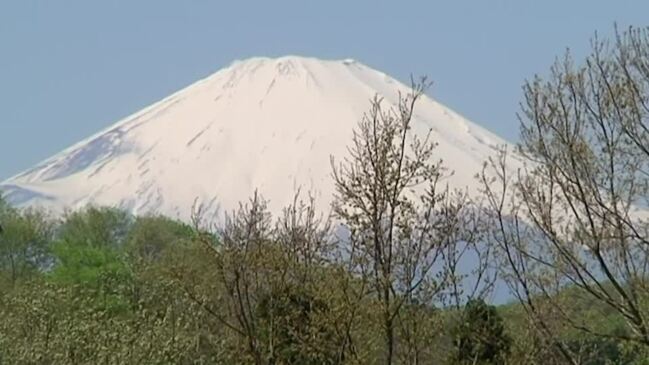
A new travel trend is sweeping the globe as holiday hotspots look desperately for new ways to cope with a massive boom in tourism post-Covid.
More and more popular destinations are introducing tourist taxes to develop the infrastructure needed to host an influx of visitors.
In more extreme cases, caps on the number of tourists allowed to visit as being introduced, because the huge crowds are doing more harm than good to some communities.
Close to home, one of Australia’s favourite destinations, Bali, introduced a $15 fee to enter the wildly popular holiday island in February, with the funds going toward protecting its culture customs, and environment.
European hotspot Venice also made headlines for introducing an $8 entry fee in April to visit the popular Italian city. That is in addition to an existing tourist tax for non-residents who stay overnight in a hotel or Airbnb.
Last year, Italy had the most Australian visitors since records began with 311,760 Aussies visiting the country – 19 per cent more than pre-pandemic in 2019, the Italian National Tourist Board reported.
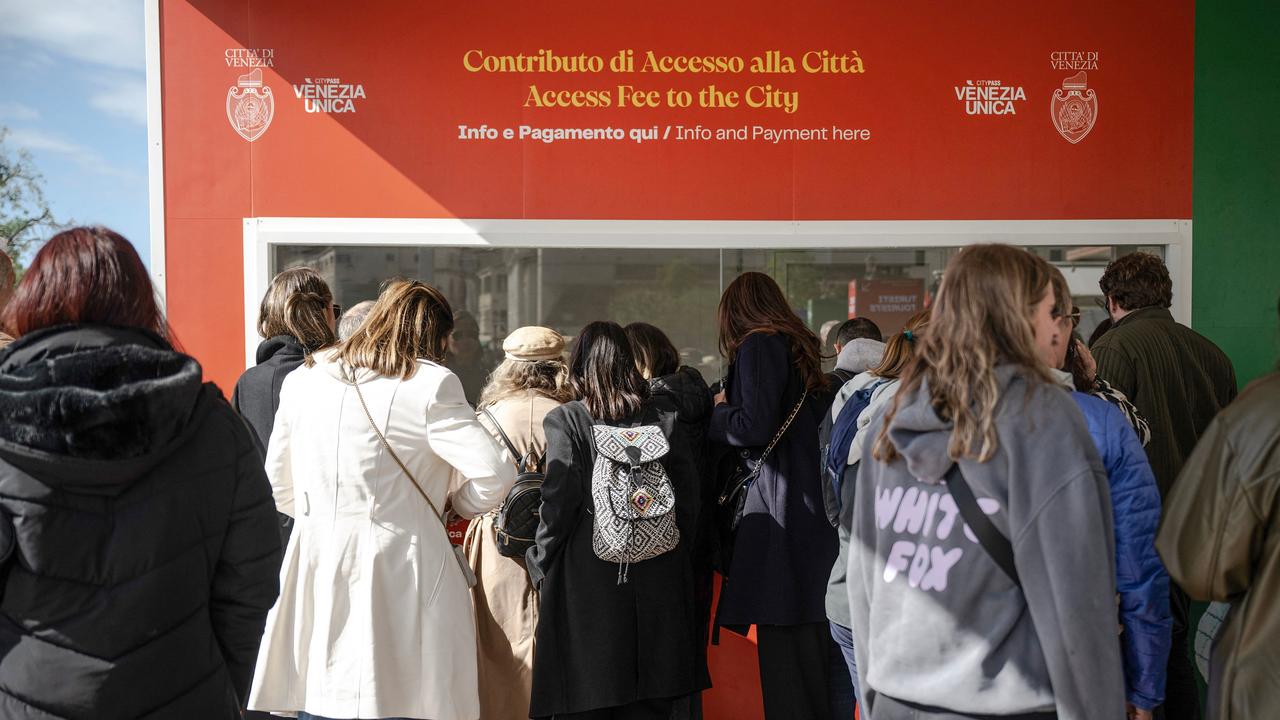
It is not just major cities jumping on the tourist tax trend.
Travellers staying in three popular British seaside towns – Bournemouth, Christchurch and Poole – will have to pay a $4 tourist tax per hotel room from July 1.
It comes after Manchester became the first city in the UK to impose a tourist tax for overnight visitors in April.
Yvette Thompson, Australian general manager of sales and marketing at Melbourne-born Intrepid Travel, said Aussies planning trips overseas should prepare for more destinations to do the same,
“I do think it’s a trend and I do think we will see more of these coming,” she said, adding it was in direct relation to overtourism in some parts of the world.
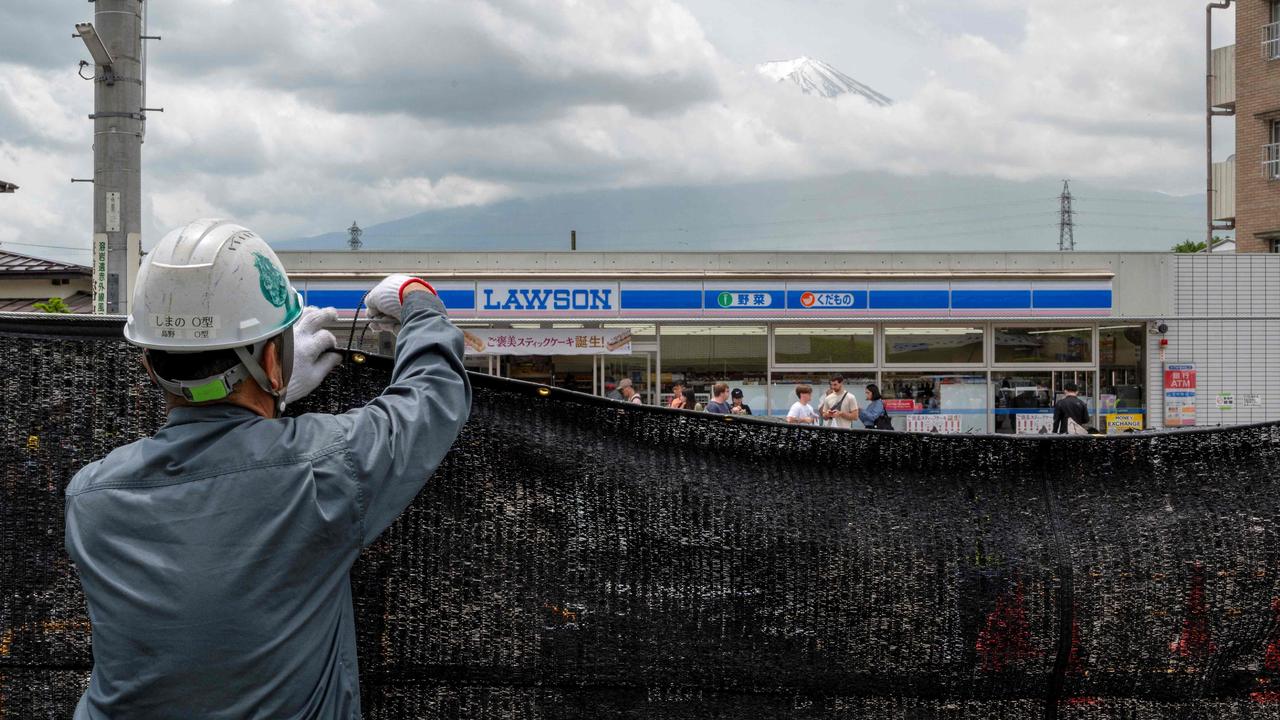
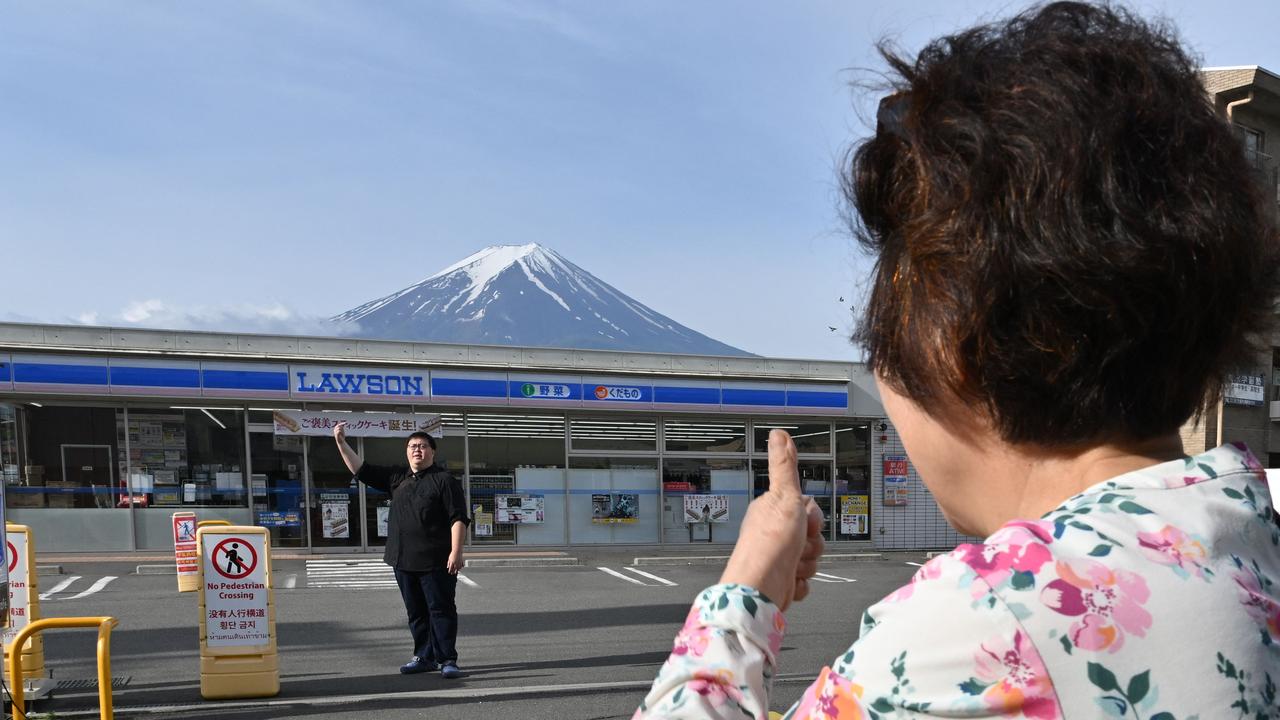
Tourist taxes are not the only way popular destinations are fighting overtourism.
Japan has imposed new rules for climbing Mount Fuji from July, with tourists now required to book a limited spot and pay a fee. It follows tourists being banned from entering certain alleys in Gion, the famous geisha district in Kyoto.
Amsterdam announced in April it was banning new hotels and promised to cut the number of river cruise ships, which followed a public campaign last year dubbed “Stay Away” to deter “nuisance” tourists.
In September, Greece introduced a cap on visitor numbers to the famed Acropolis in Athens.
“These places are now really looking at the number of tourists visiting a place and ensuring it’s sustainable for that destination,” Ms Thompson said.
“In some instances it’s a tax and that will be spent on the infrastructure. In other instances it’s actually curbing the number or putting a limit on the number of travellers that can visit in a day.”
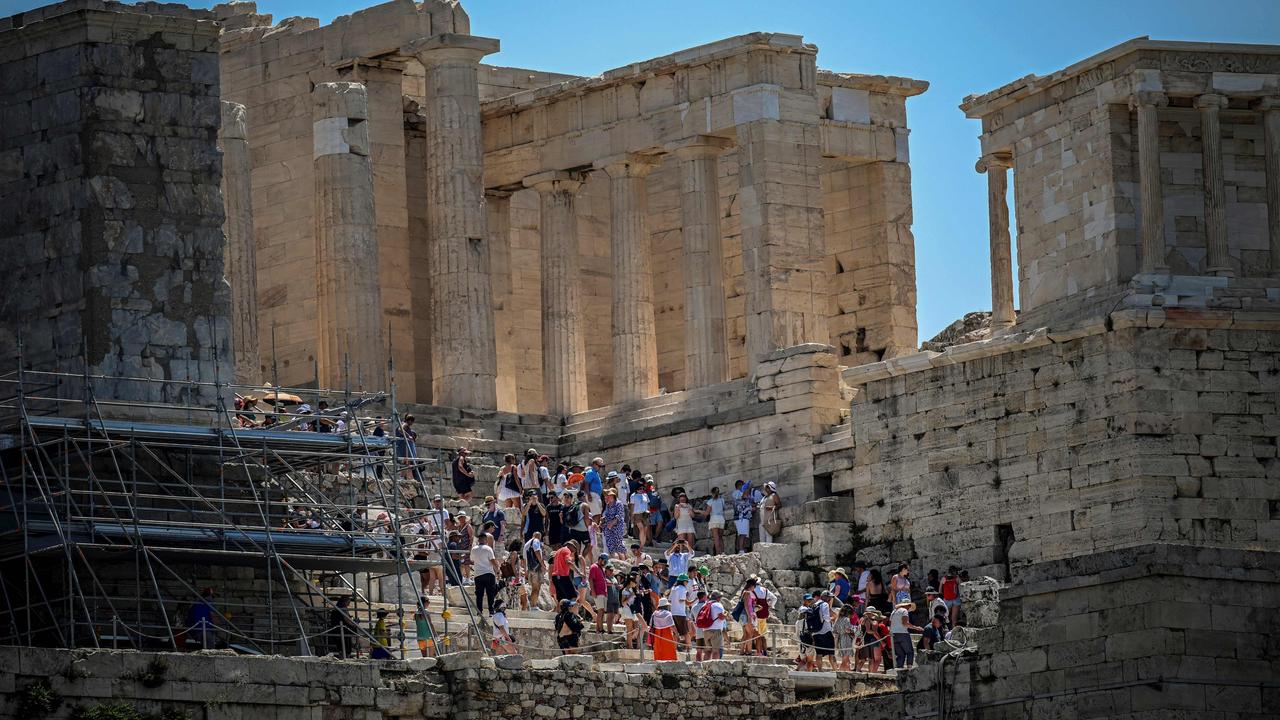
For some places, the tourist tax is a quick reaction to overwhelming tourist numbers, while for others it’s a considered way of funding a long-term tourism strategy.
“Some places already have plans in place, whether that’s around electric public transport that they’re implementing, then they need the funds to create that,” Mr Thompson said.
“The other [reason it’s introduced] is to really help try and alleviate the impact in a particular area.”
Ms Thompson said Intrepid Travel was adding less popular destinations to its itineraries and introducing new ways of travelling like walking trips or rail journeys, which both gets travellers away from the crowded traditional tourist hotspots and lowers their environmental impact.
The travel company is also seeing more departures on shoulder seasons.
Brett Mitchell, Intrepid’s Australian managing director, told news.com.au last month they were seeing more Aussies “wising up to mass tourism” and choosing to travel out of peak season to avoid crowds and get a better experience.
“When tourism is not done well it does lead to overtourism, and overtourism can have insidious effects on local communities,” he said.
“I think the biggest one is inflation. It really pushes up the price of rent, housing [and] basics like food. What that does is push people out of their local communities. People who have lived there for generations find themselves having to move and when you do that you lose your local heritage, your culture is destroyed a lot, big business moves in, and all of a sudden the beautiful part about travel, learning new cultures and the authenticity of meeting locals, all of that goes away.
“[There is also] pressure on local infrastructure and the environment. It becomes a pretty sh** experience for the traveller as well. It’s just not sustainable at the end of the day.”
There were 58 per cent more flights to Europe booked through Webjet for May and June – what is considered the shoulder season – in the six months prior, compared to the peak season in July and August, exclusive data obtained by news.com.au from the online travel giant showed.






